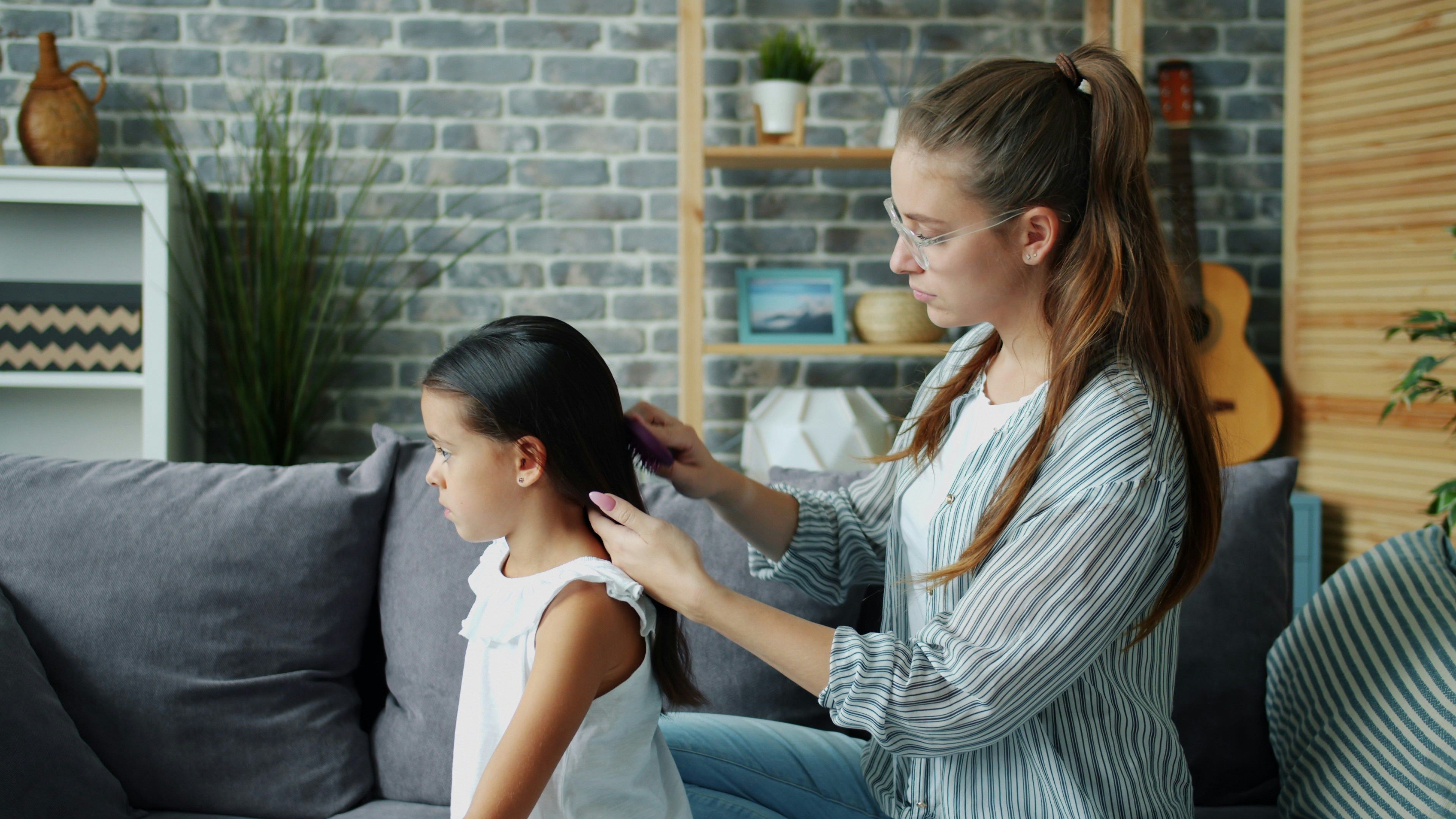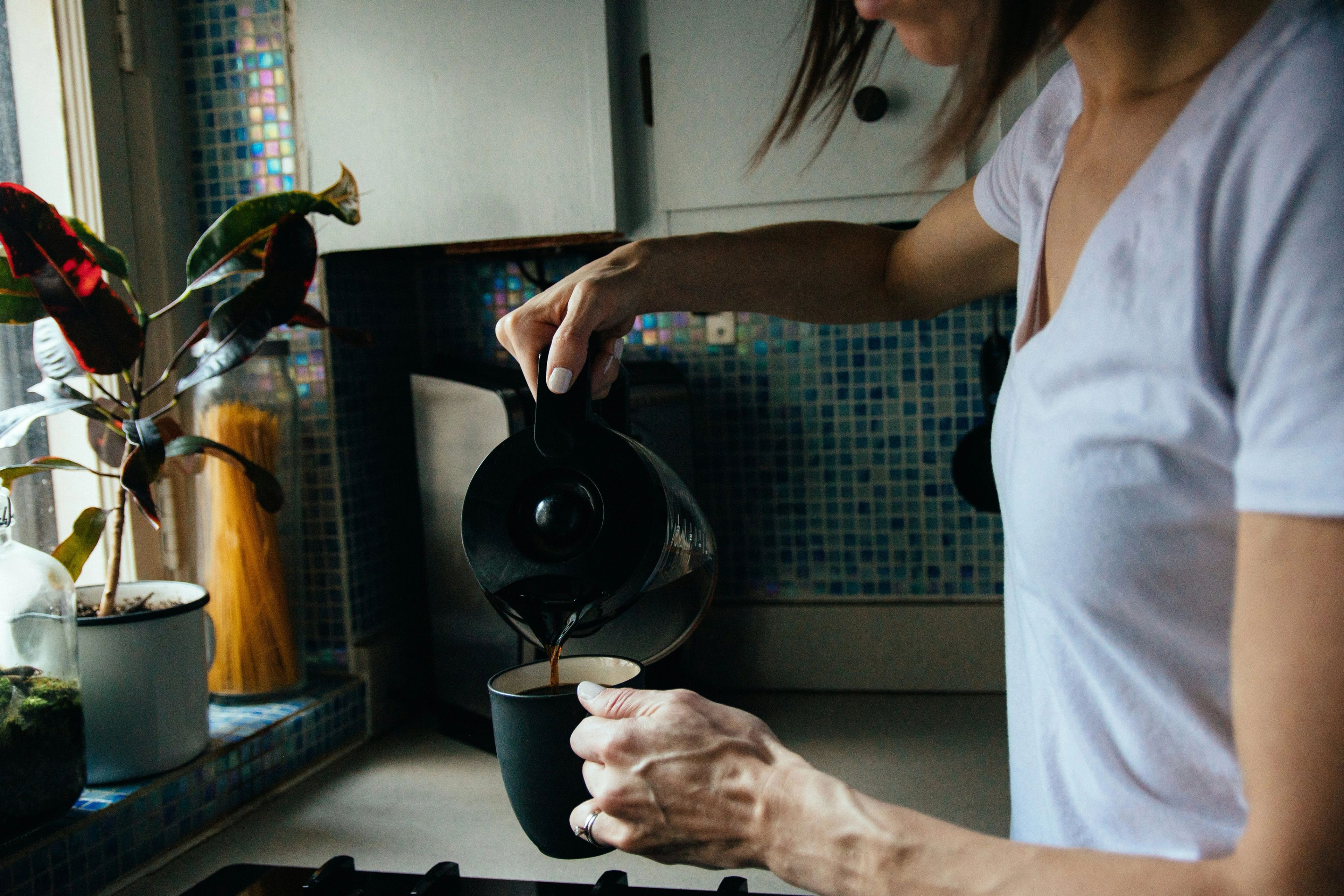Rebuilding Joy, Trust, and Choice After Parentification
You were never meant to be your parent’s therapist, caretaker, or emotional crutch. You were meant to be their child.
You had to grow up fast. You were the one who noticed when the bills were late, when someone was upset, or when the house was about to explode into chaos. You learned how to read the room. And when everyone around you acted like a child, you became the steady one, the fixer, the emotional translator, the “little grown-up” who made everything okay.

You didn’t want this, but it had to happen. No one else was going to do it. You became reliable, responsible, and capable, but at a cost. You missed out on being carefree, on making mistakes without consequences, and on being comforted instead of doing the comforting. You became a child who couldn’t afford to be a child.
Now, as an adult, that old sense of responsibility doesn’t just disappear. You might feel guilty for wanting rest, play, or fun. You might think you always have to be “on.” You might even feel uneasy when life is easy or when someone else takes care of you. Parentification teaches you that safety only exists when you’re useful, and that love is something you earn and rest is a luxury.
The truth is that you don’t have to earn rest, you don’t have to justify joy, and you don’t have to be the adult in every room just because you were once forced to be.
Rebuilding Joy
You can’t have fun if you don’t feel safe. That’s where most parentified adults start, not by forcing themselves to play, but by creating safety around joy itself. When your nervous system has been trained to see relaxation as risky, fun can feel almost dangerous. Reintroducing joy means slowly teaching your body that play, pleasure, and ease don’t threaten your survival anymore.
Start small. Let someone else plan the day. Take a nap. Buy the snack you always wanted as a kid. Dance, draw, sing, or rest, not because you’ve earned it, but because you exist. Joy doesn’t erase pain, but it rebalances it. It tells your body and mind, we made it out, and it’s safe to enjoy being alive.
Rebuilding Trust
Parentified children learn early that trust is risky. Adults were unpredictable, fragile, or unavailable, so you learned to trust only yourself. That self-reliance kept you safe then, but it can isolate you now. Rebuilding trust means learning to share the load, one small act at a time. It might sound like, “I’m going to let someone else help me with this,” or “I can tell the truth about what I need, even if it disappoints someone.” It might mean asking for support without owing anything back.
You don’t have to start with big leaps. Begin by simply noticing when you want to take over, fix, or manage. Then pause and see what happens when you don’t. Trust grows in those pauses and in the moments where you give yourself permission to stop performing and let someone else show up for you. That’s how you start to rebuild the belief that you don’t have to do it all alone, and that letting go doesn’t mean something terrible will happen.
Rebuilding Choice
Parentified children rarely had options. You didn’t get to decide what role you playedand you adapted because that’s what kept the family functioning. Now, you have options. Every time you decide how to spend your time, who you let close, or what you say yes to, you’re practicing reparenting. You’re learning what it feels like to live from desire instead of duty.
You might start by telling yourself, “That’s not my responsibility,” or, “I want to do this because it feels good.” You can also remind yourself, “I’m choosing rest.” Small choices every day will allow you to start building a life that’s less reactive and actually rooted in choice. When you make your own decisions, your life will reflect your needs and values rather than everyone else’s expectations.
Creating Your Reparenting Routine

The adult version of being a kid isn’t about acting younger; it’s about giving yourself the structure, play, connection, love, and safety that every child deserves. Reparenting yourself means learning to provide what was missing and to protect what you never got to have. It’s the daily practice of caring for yourself the way you once cared for everyone else.
Start with structure or small routines that make you feel grounded, not trapped. Wake up and wind down at the same time each day. Keep promises to yourself first. Add play and freedom by doing one thing each week with no outcome, no purpose, and no productivity attached. Laugh, move your body, and allow yourself to be un-serious. Build community by finding people who let you be yourself without performing. Let yourself belong and say no to relationships that depend on your usefulness.
Practice love and positive reinforcement by replacing your inner critic with a more compassionate voice. When you catch yourself in self-judgment, respond with compassion instead of correction. And finally, focus on safety and security. Create spaces where you feel stable and honor the boundaries that keep you calm. Each of these practices teaches your inner child something new: you’re safe now, you’re loved, and you’re in charge.
You Can Change Today
You were never meant to be your parent’s therapist, caretaker, or emotional crutch. You were meant to be their child. And even though that didn’t happen then, it can start now. Every time you rest, play, or choose yourself, you are not being selfish; you are rebalancing the scales. You are showing that younger version of you that they don’t have to hold the world up anymore.
Rebuilding joy, trust, and choice isn’t about forgetting what happened; it’s about finally getting to live beyond it. You can rebuild joy by allowing yourself to experience pleasure without fear. You can rebuild trust by letting others in and realizing that love doesn’t require over-functioning. You can rebuild choice by making decisions that center your well-being, not your survival.